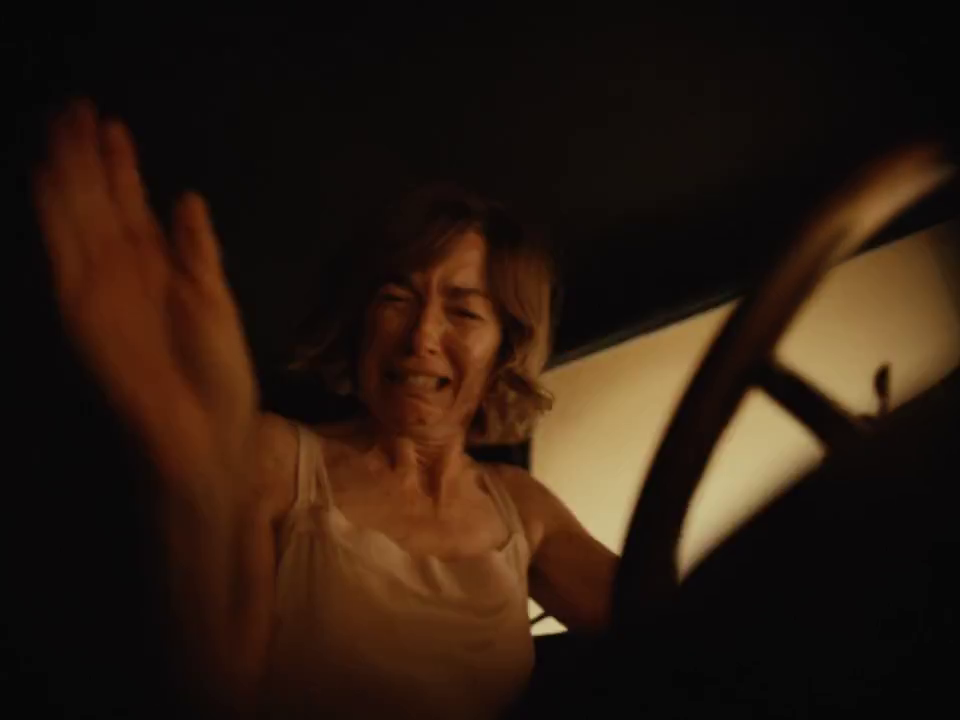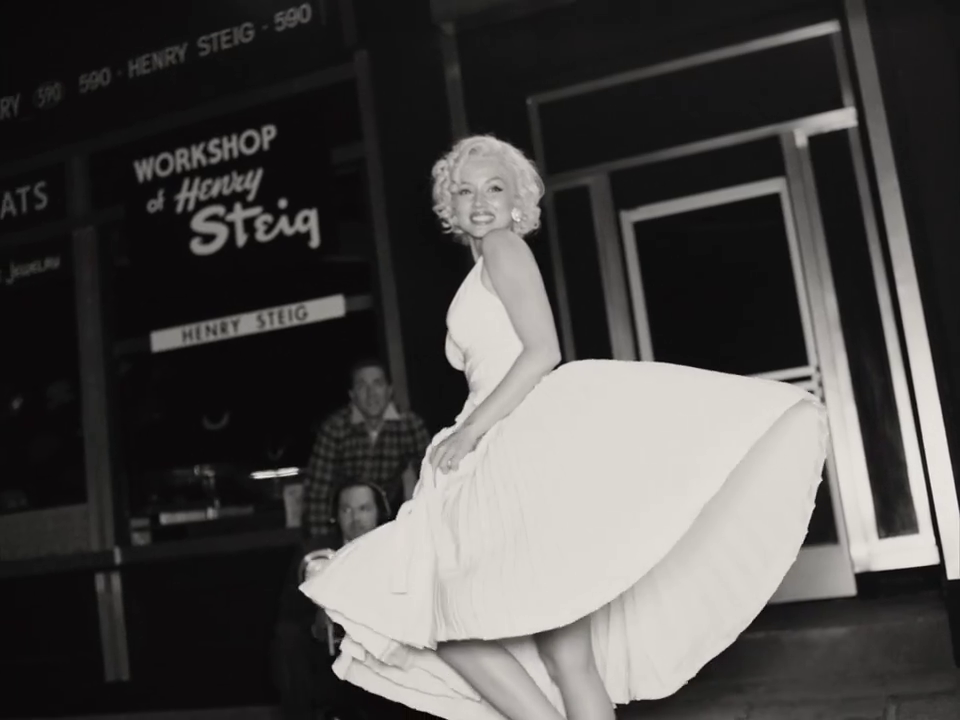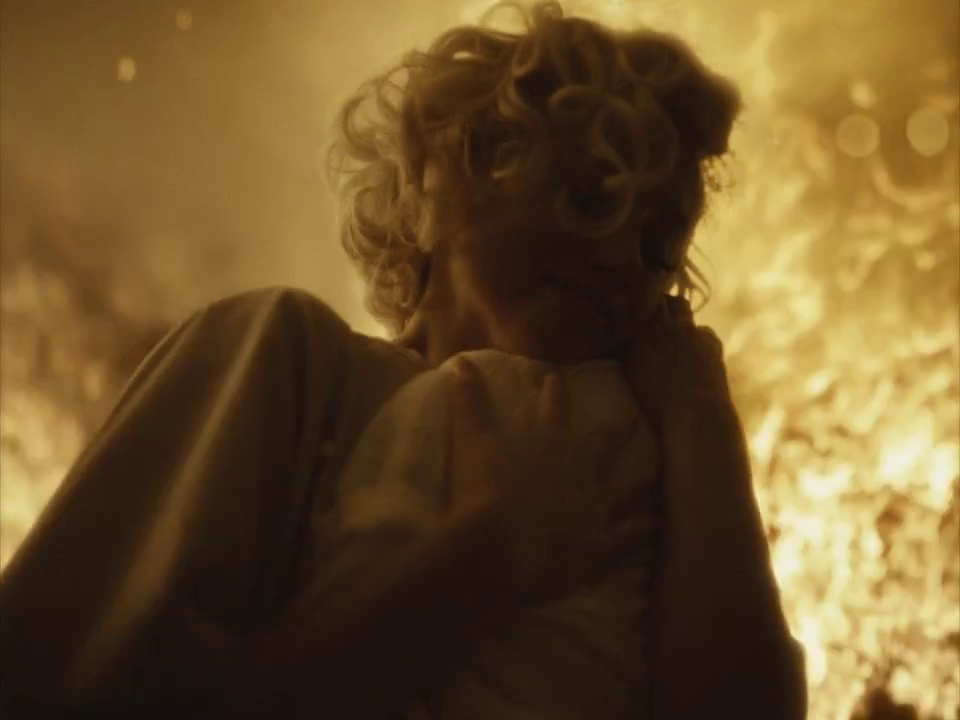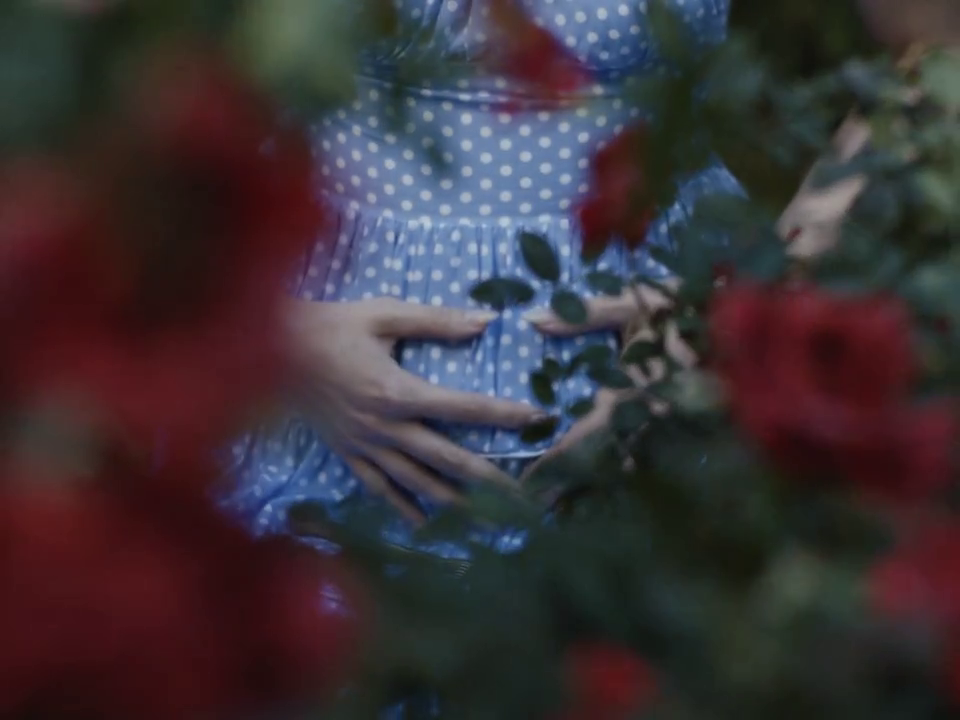The Transformative Powers of Monstrosity – A List Of Body Horror Films With Trans Allegories
In the spirit of Halloween, here's a list of body horror films which can be interpreted as trans allegories.


This article contains spoilers for ‘Blonde’, content warning for violence and sexual assault.
In an interview with Vanity Fair, Andrew Dominik said “If you look closely at Marilyn Monroe, she’s the most visible woman in the world, but she’s completely unseen.” That’s an ironic stance from the director of Blonde, the film that almost made her less seen than she was before. If I’m to take the narrative honestly, which is bound to happen with enough viewers no matter how many times it’s reiterated that the story is a work of fiction, I’m bound to misunderstand her. I know it focuses on the story of Norma Jeane, the real-life Marilyn who lived outside the world of reel but having seen Blonde, I feel like that is used as an excuse to reduce her fierce personality into a timid victim seen through a patriarchal lens. Hollywood’s penchant for damsel-in-distress narratives isn’t gone even in 2022!
Starring Ana de Armas as the titular “blonde”, the film opens with a few scenes of a young Norma Jeane Baker (Lily Fisher). We’re introduced to her mother, Gladys Pearl Baker (Julianne Nicholson), and her ill-treatment of Norma. She shows Norma the portrait of a handsome man and claims it’s her father, refusing to tell Norma his name, let alone allow her to touch the portrait. Now, it’s a fact that Norma never knew who her father was and this is an interesting way to portray that. The rest of what’s depicted within the mother-daughter relationship is straight-up horrifying. Firstly, in reality, Gladys suffered from paranoid schizophrenia and it made her act erratically. But Norma hadn’t been rescued from a burning apartment by another couple after she ran from her mother who had just tried to drown her in the bathtub. I understand that biopics have to dramatize events often but this is too much sensationalism and also exploitative of trauma.
In fact, Norma had been given up for adoption by Gladys herself and although she had tried to take her daughter back, the scene of physical abuse in the jeep or the almost-murder in the bathtub, are all unnecessary sensationalism that just leaves a bad taste in the mouth. Actually, enough members of the film industry who were in Marilyn’s life had tried to get her to deny the truth about her mother and claim that she had died, and Blonde discredits her too, just portraying her as a maniac, instead of showing sympathy for a mentally ill single mother. You can’t possibly claim to be presenting a feminist perspective if your portrayal of women apart from the protagonist lacks nuance, not that hers is nuanced either, but I’ll get to that later.

What follows Norma Jeane’s adoption is a time jump to her breakthrough into Hollywood. Ana de Armas takes over from Lily Fisher and after a short montage of magazine covers with Norma as “Marilyn Monroe”, we’re introduced to “Mr. Z”. Mr. Z is possibly a bigshot filmmaker and a successful audition for him will mean Marilyn’s career as an actress will take off. We’re shown a casting couch moment where Mr. Z sexually assaults Norma Jeane during said audition and thus begins the series of distasteful depictions of trauma. From the sexual assault by Mr. Z to the physical assault by Joe DiMaggio (Bobby Canavale) and the doubtfully consented bl**job for President Kennedy (Caspar Phillipson), the depiction of her manhandling feels like it has a stinging lack of sympathy for her. And that’s largely due to the cinematography which is disgustingly male gaze-y. There’s an almost pornographic quality to the Kennedy scene and Ana poses almost suggestively instead of conveying vulnerability during the scene where Bobby Canavale pushes her off the bed and then beats her.
Blonde is problematically hyper-sexualized. I understand that Marilyn was a sex symbol and it may be necessary for any honest narrative about her to focus on her sexuality, but it can be done tastefully. While the iconic “upskirt” picture of her (it’s disturbing that that’s the highlight of Marilyn’s life for a large number of people, also among the very first pictures of her when Googling) being shown is fine, the actual moment in time doesn’t have to be shown through a lens that treats her as an object. And while I might take it as commentary about how people looked at her, that wouldn’t explain the way Norma Jeane is filmed. She’s inexplicably topless in many scenes and a lot of time is spent on scenes where you’d expect her to be nude. In the scene in which Joe DiMaggio beats her in front of the camera, she’s reading a book while lying on the bed, and the wardrobe choice feels malicious given the framing of the scene which clearly focuses on her as a subject of sexual attention instead of focusing on Ana’s acting or Norma’s emotional turmoil in the moment.
Monroe’s treatment by Hollywood as a sex symbol instead of a talented actress is ever relevant because that’s been the story with many others. However, I feel like it’s extra important now because, with social media like TikTok, the distribution of sexualized scenes from film and TV has become excessively easy. And as a result, even in 2022, actresses like Sydney Sweeney and Ana de Armas or actors like Jacob Elordi and Henry Cavill are often unnecessarily sexualized in the roles they’re given. Ana herself spoke about this during an interview with Variety and she says she believes explicit scenes from Blonde will get circulated out of context like with many of her previous films. While this is behaviour we can only hope to see reduced through the sensitization of society, what we definitely don’t need is a film on Monroe actively contributing to the rampant sexualization in Hollywood. Ana’s status in Hollywood right now makes her a fitting casting choice but unfortunately, the film exploits her status as a sex symbol by featuring quite a few unnecessary instances of nudity and suggestive stances.

Despite running for almost three hours, Blonde barely covers new information about Marilyn beyond what could be found through a preliminary Google search and I feel that’s because so much time is spent showing off her physical presence. Complicit in the behaviour of the industry that it attempts to criticize, Blonde treats Norma Jeane like an entertainer. She’s like a tourist attraction in a circus troupe being paraded in front of a crowd for their entertainment. The traumatic experiences in her life aren’t handled with care by maintaining a respectful distance. Instead, they’re explored and treated like highlights. More than trying to create sympathy for Monroe, Blonde seems to be delivering sickening scenes of her being emotionally abused by men or being physically hurt like tripping while pregnant for the second time, just to add shock value to the viewing experience. That’s disrespectful to Marilyn.
Unlike the case of Pam & Tommy released earlier this year, which also tells the story of a woman’s sexualization and sexual harassment, Blonde doesn’t have backers to speak out against it. The miniseries was made without Pamela Anderson’s consent and she spoke out about that, which resulted in widespread boycotting of the show and a ton of negative publicity for it including low ratings. While low ratings could still be possible for Blonde, there’s no legitimate source like next of kin or close acquaintance of Marilyn who can address the mistreatment of her in this fictionalized version of her story to incite boycotts and Blonde was in fact the most watched film on Netflix the week it was released.
There’s not enough material in the film that distinguishes what is based on actual reports and what is fabricated. So the film is essentially responsible for portraying one of the fiercest women Hollywood has ever seen as a timid victim nothing more than a damsel in distress. Marilyn Monroe owned her own production house and I was horrified to discover the film doesn’t even mention that, let alone show how much respect her collaborators had for her and how much some of them even feared her. Released in 2011, the Simon Curtis directed My Week With Marilyn, which features Michelle Williams as the titular Ms. Monroe actually addresses this. There are scenes of other actors and actresses waiting for hours on set and walking on eggshells around her because having her in their film was that important to them. Blonde almost insinuates that her promiscuous lifestyle was entirely a consequence of her having to do directors and producers favours to get good roles. And while I appreciate that Norma Jeane as the woman under the charismatic presence of Marilyn Monroe deserves to have her story told, I refuse to accept a portrayal that paints her as nothing more than a powerless victim.

Any list of strong women who died too early is incomplete or doesn’t start in most cases, without Princess Diana and I can’t help but draw a comparison between Blonde and Diana’s semi-biographical film from last year, Spencer. Featuring Kristen Stewart as Princess Diana, it portrays how suffocated Diana was in her own household and how she too was a victim of ill-treatment at the hands of higher-ups who forced her hands because of the image she had to maintain for the public. What Spencer did widely different however is take a sympathetic perspective for Diana, and give her moments to convey how passionate and fierce she was. The scene where she leaves with her children because she doesn’t approve of the family’s activities comes to mind because that’s the image of a powerful woman who fought her circumstances. Blonde seems to say Marilyn rolled over whenever asked to and that’s simply not true. She was a powerful businesswoman in real life apart from being a genuinely talented actress.
Speaking of treating her like a helpless victim, Blonde depicts her tragic relationship with motherhood exploitatively. Of course, there’s the pro-life propaganda most viewers have been pointing out but there are more problems with the way the pregnancy and abortion story is told. My biggest concern is that the wrong message is conveyed. The focus is on the loss of the fetuses as a loss of life, but the actual tragedy of what happened to her is that Marilyn was robbed of her agency. No, wanting children or trying to fight an abortion she doesn’t want for herself doesn’t make a woman pro-life. It makes her pro-choice. She deserves to decide what she wants and abortion being forced on her is objectively as bad as a pregnancy being forced on her – something is being forced on her either way. It appalls me that this is not the main focus of the story. Instead, we’re given a CGI fetus, disturbing monologues from Norma speaking to said fetus, and a bunch of close-up shots of her receiving abortions that she didn’t ask for. Again, instead of addressing the emotional turmoil, Dominik seems to be making a spectacle of Norma’s trauma to add to the shock value of Blonde.
The biggest instance of the aforementioned treatment of Marilyn’s life as a spectacle is the scene where Norma trips while pregnant and then is seen to be bleeding. She isn’t bleeding from where you’d expect her to, but instead through a wound apparently on her stomach. She’s clearly not impaled and yet the blood is coming from the belly. Is it the more visible reddening of her dress or the most amount of blood possible to show from a direct angle that drove the director towards making this choice? I’m not bringing this up because of the anatomic incorrectness of what is shown but because whatever the specific reason for the choice may be, it clearly makes for a disturbing visual and that’s what drove the filmmaker toward making the choice. Amongst other instances, this is the most glaring moment of exploitation in my opinion and I can’t look beyond the treatment of Marilyn’s tragic life as a crowd-drawing spectacle in Blonde.

It is impossible to reconcile that a film made in 2022, just months after Roe V Wade was overturned, is so glaringly pro-life and that it also says that the Marilyn Monroe was nothing more than a blonde. There’s an actual line in Blonde where she says “I’m just a blonde.” Now taken outside of context, that can seem very over-simplifying, but the truth is that Norma isn’t the only one who fails to see her power. The film itself does. And also finds a fascinating narrative in her ill-treatment over the years. The film looks like a poetic stroll through a museum of traumatic experiences painted beautifully and presented perversely enough to hide the truth of the events. I honestly can’t wait for the day when we are done telling different versions of her story and finally let her go.
Stories like Reese Witherspoon’s will keep coming and reminding us of Marilyn but maybe it’s time to stop exploiting her trauma to sell movie tickets. Maybe inspiration and sympathy can just be found from knowing her story watching older movies and documentaries about her. Just because she isn’t here anymore doesn’t mean it’s less disrespectful to make such investigative movies that treat her like a spectacle robbed of all dignity. Her indelible mark can be found in the archives of Hollywood through the films she appeared in. And it’s possible that the best way to honour her would be to take steps to prevent her fate from befalling others and to just acknowledge her contribution to Hollywood instead of sensationalizing her story.

Related lists created by the same author
In the spirit of Halloween, here's a list of body horror films which can be interpreted as trans allegories.